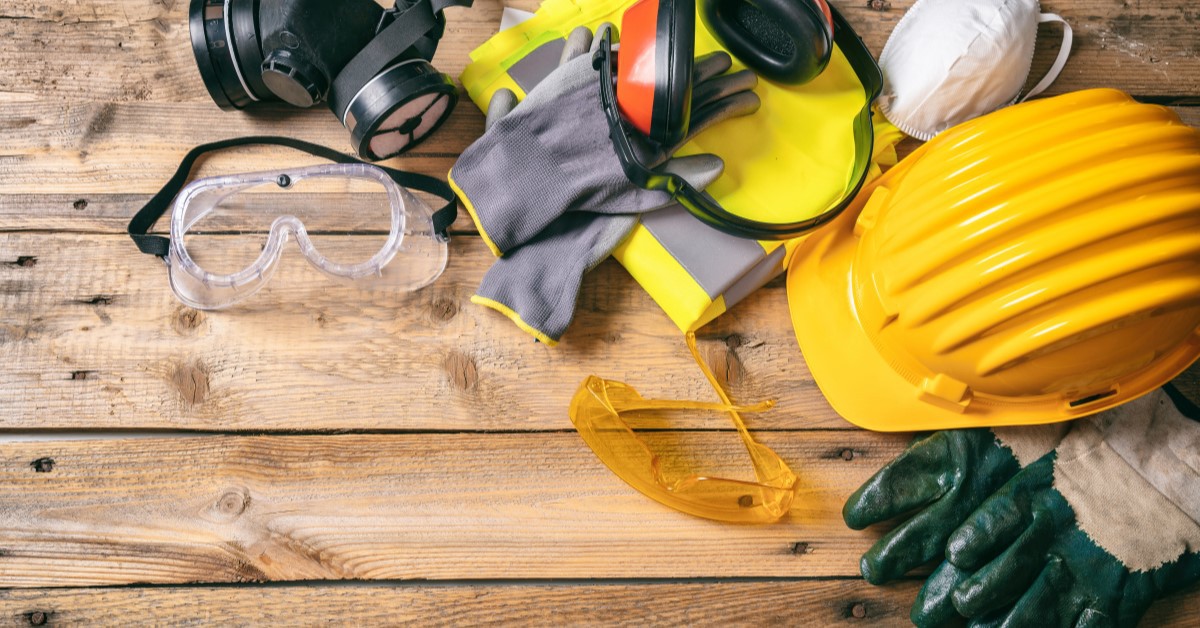Hawaii trade schools are among the best educational pathways for students who want hands-on training, career-focused education, and real opportunities in technical industries. Hawaii trade schools specialize in programs like electrician training, plumbing, HVAC, welding, and commercial construction, providing a variety of skilled trade options. Hawaii trade schools prepare students for high-demand jobs by offering practical learning experiences, apprenticeships, and certifications. Hawaii trade schools emphasize affordability and faster career entry compared to four-year universities. Hawaii trade schools equip students with the technical knowledge and real-world skills that employers trust. Hawaii trade schools help students transition into industries that pay well and offer long-term job security. Hawaii trade schools also maintain strong industry connections with unions, contractors, and companies across Hawaii. Hawaii trade schools create opportunities through flexible programs for both recent high school graduates and working adults. Hawaii trade schools ensure students leave with marketable skills, safety training, and the confidence to succeed in their chosen career paths. Hawaii trade schools are the trusted gateway to a stable and rewarding future in the skilled trades.
Electrician Programs at Hawaii Trade Schools
Among the many programs offered, electrician training is one of the most popular. Hawaii trade schools provide courses that teach students how to install, maintain, and repair electrical systems in residential, commercial, and industrial settings. Students learn everything from blueprint reading and wiring techniques to safety codes and troubleshooting. Hawaii trade schools combine classroom instruction with hands-on practice, allowing students to work with real equipment. Graduates of electrician programs at Hawaii trade schools often leave with certifications and the readiness to begin apprenticeships or full-time employment.
Beyond Electrician Training: Other Trade Programs
Hawaii trade schools are not limited to electrical work. They also offer comprehensive training in other skilled trades. Programs in plumbing teach students how to install and repair piping systems, while HVAC training focuses on heating, ventilation, and air conditioning systems. Carpentry and welding courses provide opportunities for students interested in construction and fabrication. Hawaii trade schools design these programs to meet the growing demand for skilled professionals in Hawaii’s commercial and residential sectors. Each program focuses on combining theory with hands-on application so students can graduate ready to work.
Hands-On Learning and Industry Certifications
A major advantage of Hawaii trade schools is their emphasis on applied learning. Instead of spending years studying theory, students gain real experience using tools and equipment in labs and workshops. This method ensures students are confident and competent by the time they graduate. Hawaii trade schools also offer certification opportunities, such as OSHA safety training and specialized licenses for electricians, welders, and HVAC technicians. These certifications make graduates more competitive in the job market and often increase earning potential.
Job Placement and Employer Connections
Hawaii trade schools have strong partnerships with local businesses, contractors, and unions. These industry connections mean students often gain access to apprenticeships and job placements even before graduation. Employers prefer hiring graduates from Hawaii trade schools because they are job-ready, trained in safety, and familiar with Hawaii’s construction standards. This close relationship between schools and the workforce helps students find stable employment quickly and build long-term careers.
Career Opportunities for Graduates
Graduating from Hawaii trade schools opens doors to multiple career paths. Electrician graduates can work in residential housing, commercial buildings, or large industrial projects. Plumbing and HVAC graduates are equally in demand due to the constant need for installation and maintenance services. Welding and carpentry students can find work in fabrication shops, construction companies, or even start their own businesses. With Hawaii’s economy relying heavily on tourism and commercial development, skilled trades remain essential, making graduates from Hawaii trade schools highly sought after.
Why Choose Us
Our institution stands out among Hawaii trade schools because of our high-quality programs, experienced instructors, and strong employer partnerships. We focus on electrician programs as well as many other trades, ensuring every student has a wide range of career options. Our hands-on training labs replicate real work environments, and our career services team assists students with job placement after graduation. By choosing us, you are not only getting a first-class education but also building connections with Hawaii’s leading contractors and companies. We are committed to your success and long-term career growth.
5 Frequently Asked Questions
1. What makes electrician programs at Hawaii trade schools different from other training options?
Electrician programs at Hawaii trade schools combine classroom learning with practical training, ensuring students are fully prepared for real work environments.
2. How long does it take to complete an electrician program at Hawaii trade schools?
Most electrician programs can be completed in 6 months to 2 years, depending on the level of training and certifications pursued.
3. Do Hawaii trade schools help students find jobs after graduation?
Yes, many Hawaii trade schools have career placement services and partnerships with employers to assist graduates in finding employment quickly.
4. Are certifications earned through Hawaii trade schools nationally recognized?
Yes, certifications like OSHA safety and electrical licenses are recognized across the United States, giving graduates flexibility in their careers.
5. Can working adults enroll in electrician programs at Hawaii trade schools?
Absolutely. Many Hawaii trade schools offer flexible schedules, evening classes, and part-time options designed for working adults.
Conclusion
Hawaii trade schools offering electrician programs and other skilled trade courses are essential for building a strong, qualified workforce. By focusing on hands-on training, real-world experience, and certifications, Hawaii trade schools prepare students for rewarding careers in high-demand industries. With strong employer partnerships and job placement assistance, graduates are job-ready from the start. Choosing Hawaii trade schools ensures you gain not only technical knowledge but also the confidence, skills, and industry connections to thrive in your chosen career. For anyone seeking stability, growth, and opportunity, Hawaii trade schools are the ideal choice for electrician training and much more.
